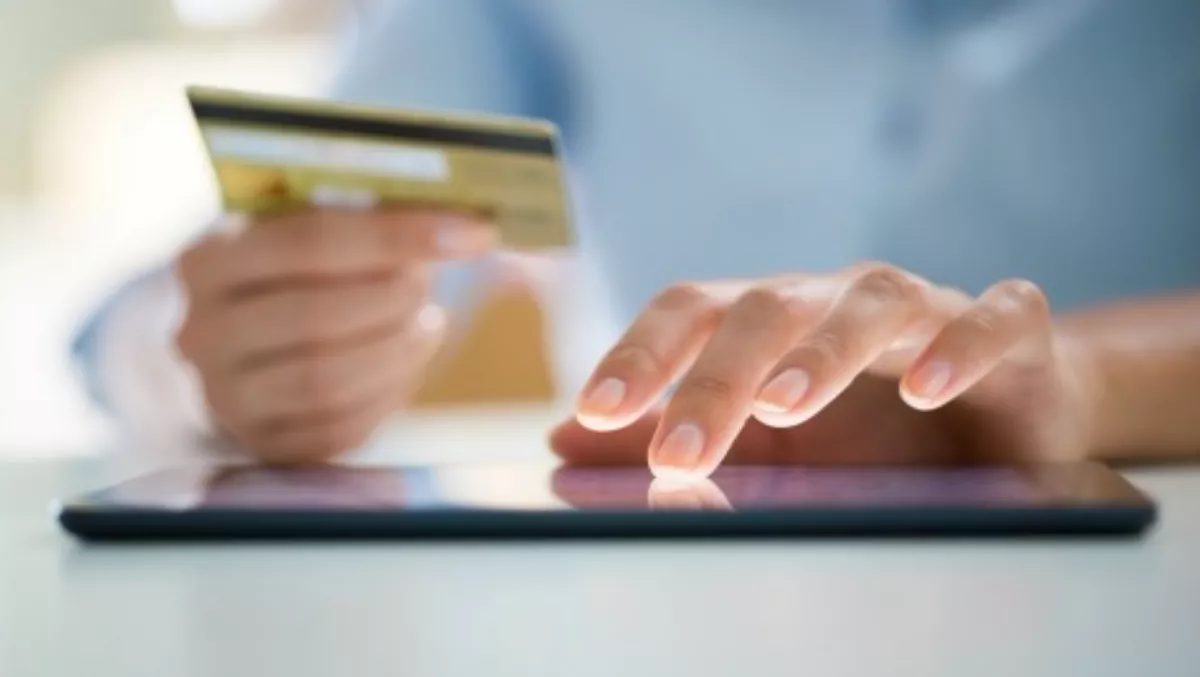
With cybercriminals always on the lookout for new ways to scam consumers, and kiwis increasingly shopping online, Mastercard is encouraging Kiwis to take simple steps to protect their personal information when shopping online.
Peter Chisnall, MasterCard New Zealand country manager, says Kiwis should remain vigilant about where we share personal information.
Chisnall says using a MasterPass connected digital wallet can also help ensure payment transactions are safe.
The digital wallets can be used on smartphones, tablets, laptops and desktop computers and one set up the user's credit, debit or prepaid card information is securely stored in one location simplifying the process of completing a transaction by removing the need to enter payment and delivery details everytime a purchase is made.
“Using MasterPass means customers don't need to give their payment and shipping details to multiple retailers across the internet, and works with your bank so personal details are stored securely,” Chisnall says.
Tips for safer online shopping:
- Pay using a digital payment option such as MasterPass.
- Guard your privacy and do not disclose personal information unless you know who is collecting it and how it is being used. Some websites sell customer information to third parties, so check the small print and opt out of sharing your information if you don't want other people to use it.
- It's not difficult to set up a page on the internet, so the onus is on you to do some background research on the retailer you are buying from, especially if they are not a familiar brand name or you have not come across their website before.
- Use a secure browser as it encrypts the purchase information you send over the Internet, making the transaction more secure. The majority of browsers do this as standard.
- Ensure you have antivirus software loaded on all your devices, including your PC, tablet and smartphone and regularly download security updates. Most of us update software for our computers but rarely ever for our smart devices.
- Making purchases using a credit or debit card is often safer as liability for unauthorised charges is limited. As a customer, it's your responsibility to inform your financial institution if you become aware of or see an unauthorised transaction on your card, or if your card is lost and stolen.
- Many financial providers also put an extra level of security on online purchases which protects the cardholder's confidential information. This is usually done by submitting an additional password known only to the cardholder, for example with MasterCard SecureCode. It provides enhanced protection against the risk of credit or debit account numbers being accessed by fraudsters in cyber space, taking online security to a whole new level.
- Keep records of transactions and payments online. Remember to check payment details before submitting the final payment; check the returns policy and data protection cover. Finally, print out a copy of the transaction, get a copy emailed directly to you, and make sure that the amount matches on your statement at the end of the month.
